Unlocking the Functions of Sewing Tools with Brainly
When it comes to sewing, having the right tools can make all the difference in creating a successful and professional-looking garment. From needles to thread, each tool has its unique function that contributes to the overall process of creating a masterpiece.
But have you ever wondered about the functions of these tools and how they work? Look no further because Brainly, the world’s largest online learning platform, is here to unlock the secrets of sewing tools.
Needles
One of the most essential tools in sewing is the needle. Needles come in different sizes and types, like hand sewing needles and machine needles. The function of the needle may seem simple, but its importance cannot be underestimated.
The main function of a needle is to puncture the fabric and make a pathway for the thread to pass through. The size and type of needle used depend on the fabric type and the sewing technique. For instance, a thinner needle is used for delicate fabrics like silk, while a thicker needle is used for heavy fabrics like denim.
Thread
The thread is another crucial tool in sewing. Thread can either be made of natural fibers like cotton or synthetic materials like polyester. Its function is to hold the fabric pieces together by creating stitches.
The thickness and type of thread used also depend on the fabric type. For example, a thicker thread is used for heavier fabrics, while a thinner thread is used for lighter fabrics. The color of the thread also plays a significant role in the overall aesthetics of the garment, so choosing the right color is essential.
Scissors
An essential tool in sewing is the scissors. They come in different shapes and sizes, and each has its unique function. The main function of scissors is to cut the fabric accurately and cleanly.
The type of scissors used depends on the fabric type and the purpose of cutting. For instance, pinking shears are used for cutting fabric edges that are prone to fraying, and embroidery scissors are used for precision cutting of threads.
Seam Ripper
We all make mistakes while sewing, and that’s where the seam ripper comes in. Its main function is to remove stitches and undo mistakes without damaging the fabric.
A seam ripper has a sharp and thin blade, making it easy to cut through the stitches without cutting the fabric. It also has a pointed tip that helps to pick up the cut threads. So, the next time you make a mistake while sewing, don’t worry, the seam ripper has got you covered.
Measuring Tools
Accurate measurements are vital in sewing, and that’s where measuring tools like the tape measure, ruler, and patternmaking tools come in. Their main function is to provide precise measurements for cutting and patternmaking.
Tape measures are used for measuring curved areas, while rulers are used for measuring straight edges. Patternmaking tools like the French Curve and the L-square are used for creating and altering patterns. These tools ensure that the garment fits perfectly and looks professional.
Sewing Machines
With the advancement in technology, sewing machines have become an essential tool in sewing. They come in different types like mechanical, electronic, and computerized, all with the same function – to sew garments faster and more efficiently.
Sewing machines also have different features like different stitch types and speed control, making them suitable for different sewing techniques. They also have specialized feet for hemming, buttonholing, and more, making sewing a breeze.
Brainly: Your Sewing Companion
Now that the functions of sewing tools have been unlocked, you can see how each tool plays a crucial role in the sewing process. Understanding their functions and how they work is vital in creating a perfect garment.
But learning about sewing doesn’t stop here. With Brainly, you can get instant help and answers to all your sewing questions. Whether it’s about sewing techniques, fabric types, or tools, Brainly has a community of experts and avid sewers ready to share their knowledge and help you improve your sewing skills.
So, the next time you have a sewing-related question, don’t hesitate to turn to Brainly for quick and reliable answers. Happy sewing!
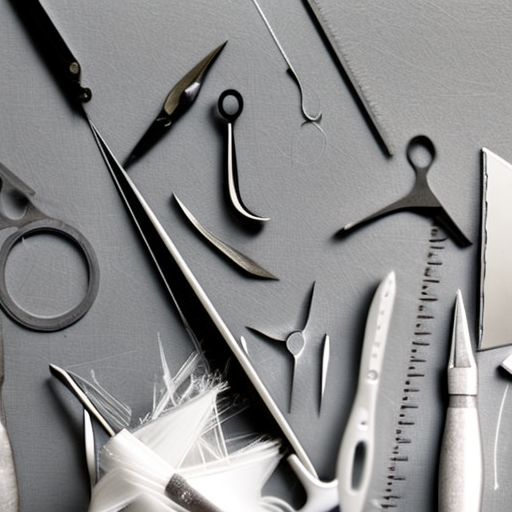
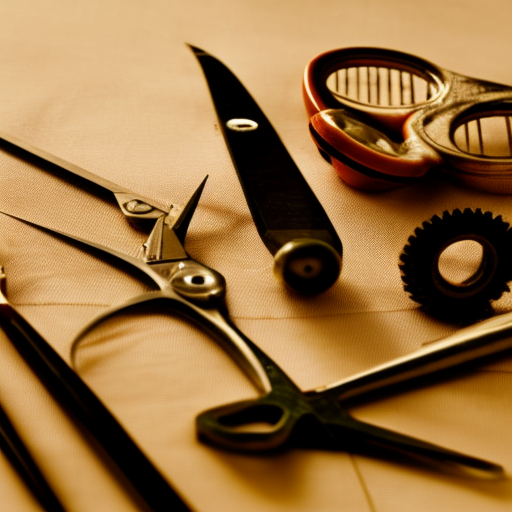
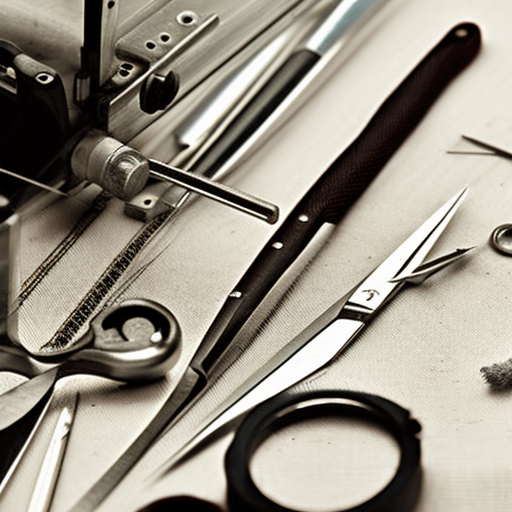
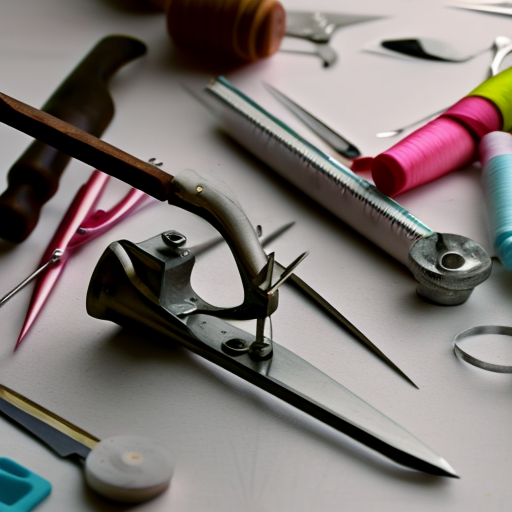
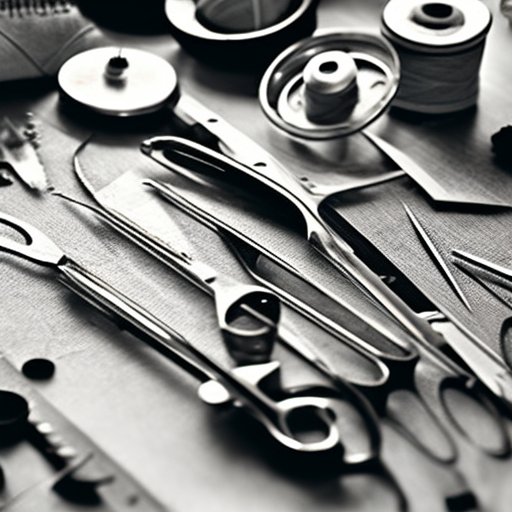
Great post! I’m always looking for new tips for sewing
Lucy Abernathy: Very informative, thank you!
This is an excellent post! It’s full of useful information that can help sewers of all levels improve their craft. With the right tools and information, sewing can be a lot of fun and very rewarding! Thanks for sharing!